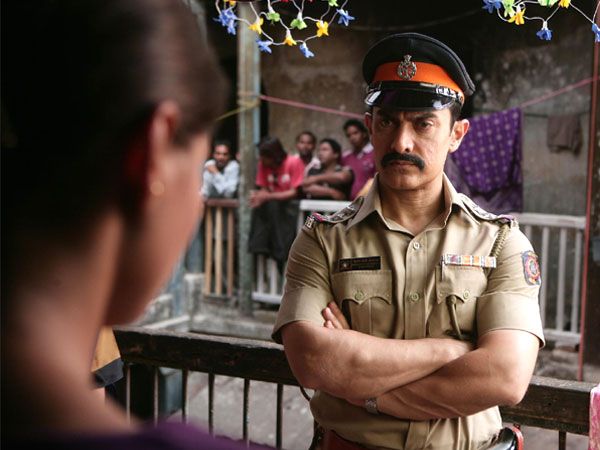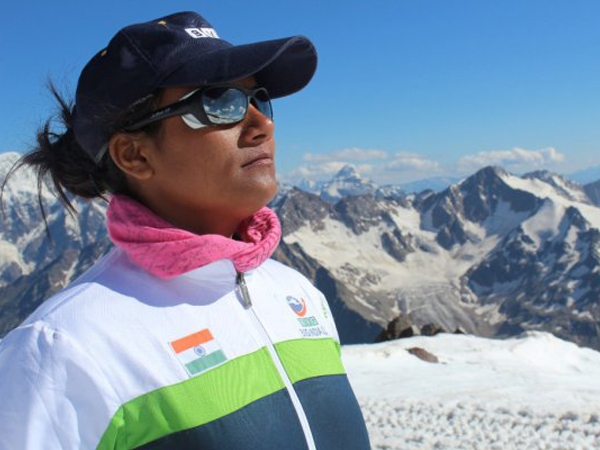
They say there’s something about men in uniform, and for some women it’s even a ‘thing’. Sure, they look dapper but, beyond that, they exude a sense of protection and security arising from the power vested in them by the government. ‘An Officer and a Gentleman’-or so one is conditioned to believe.
And then they, or some of them, do this-harass the very women who turn to them for protection. Within a month of three Mumbai Police cops being arrested for the gang rape of a model, a rape survivor has accused the cop investigating her case of stalking and propositioning her; meanwhile the jawan who a UK national turned to for help against a harasser aboard the Amritsar-Delhi Shaheed Express started harassing her in turn.
This is worse than your regular run-of-the-mill Stranger Danger. Unlike with strangers, we approach upholders of the law with our guards down and at our most vulnerable, seeking and deferring to their authority. It is a skewed power dynamic, and one that can prove to be fertile ground for all sorts of exploitation, from the economic to the sexual. When it is used for such, it undermines and sullies the reputations of those in the law enforcement agencies who actually do great work. It destabilises the trust citizens are encouraged to repose in the government, and our desire to obey those who hold its authority.
There is no genius advice to offer those who abuse their power: stop. Gender sensitivity and pride in the uniform must percolate down the ranks of our unwieldy police force; those found misusing their authority should be punished appropriately; etc. But here’s some advice for you, in case you find yourself at the receiving end.
a. Know Your Rights: Women can’t be called to the police station; can’t be arrested between sunset and sunrise; can register an FIR via email or registered post; can’t be in a police station or vehicle, or interrogated anywhere without the presence of a female constable. Knowledge empowers; quote our constitutional safeguards to fend off potential abuse.
b. Trust Your Instincts: I was spending a leisurely afternoon talking to a group of sadhus on the banks of the Ganga during the Kumbh Mela in 2010. A portly uniformed cop joined our conversation and left, and, shortly after, a crisply dressed man appeared down the steps. I could tell he was a UP cop from a mile away; this time though, a primal instinct reared its head.
If you sense you’re in danger, you probably are. Take a call on fight or flight.
c. Hold Your Own: Alerted to my presence by the other cop I’m sure, this one headed straight to me, introduced himself and started grilling: Where was I from? What was I doing there? What did my family do? Belying my fears I tensed my quills-and no, he could not drop me to Dehra Dun, thank-you-very-much. With no headway to be had, he left soon, but not before curling his middle finger into my palm during our goodbye handshake (the creepy gesture for ‘Wanna f*ck?’ Er, no thanks).
It was presence of mind that saved the Brit girl in the train as well. She wriggled herself onto an upper berth, and took pictures and video of the jawan while yelling, “BBC, BBC” and “You are in trouble”. Daunted, he alighted at the next station. (I recommend taking photographs of perpetrators: read here.)
d. Turn the Tables: Even though officers who misuse their power seem like a pandemic, they are not meant to be the norm. Women in all these cases reached higher authorities-the model SMSed and the rape survivor wrote a letter to Mumbai Police Commissioner Rakesh Maria; the UK victim told the British High Commission when the Punjab Police wouldn’t register a case against its own. Then there’s social media that gives everyone a voice, whether or not you have access to traditional media channels-there’s nothing like public shaming for the perp or to make authorities sit up and take notice.
Let’s not take things lying down, shall we?
More On >> Balancing Act




